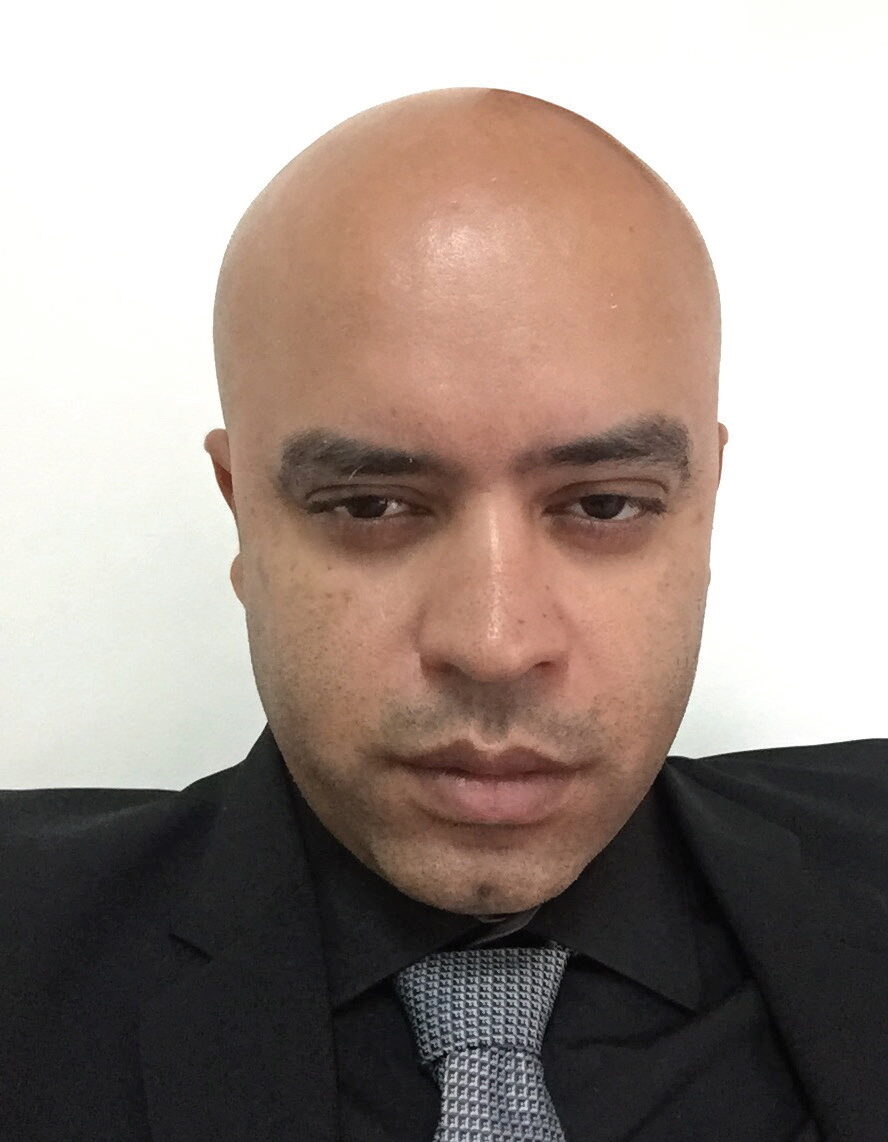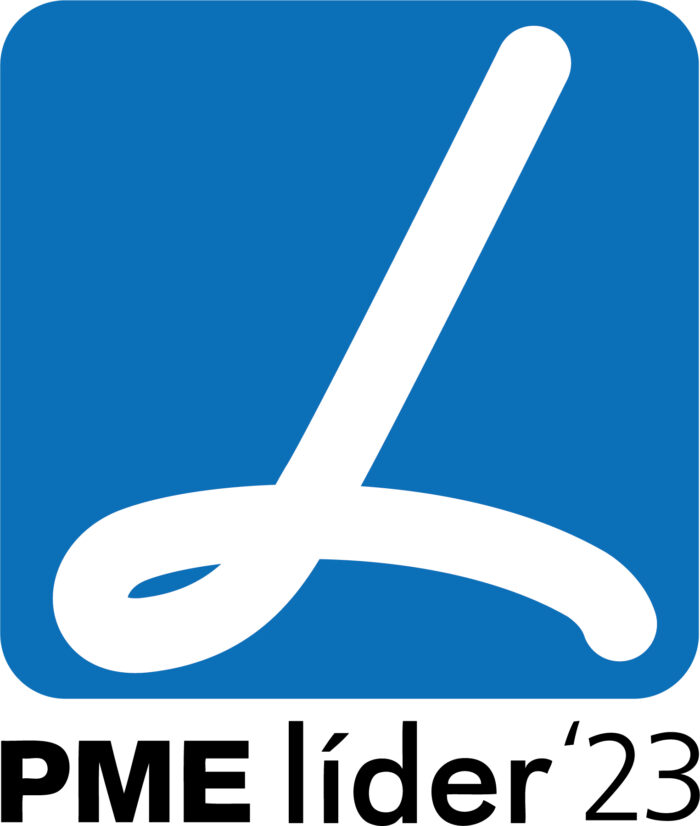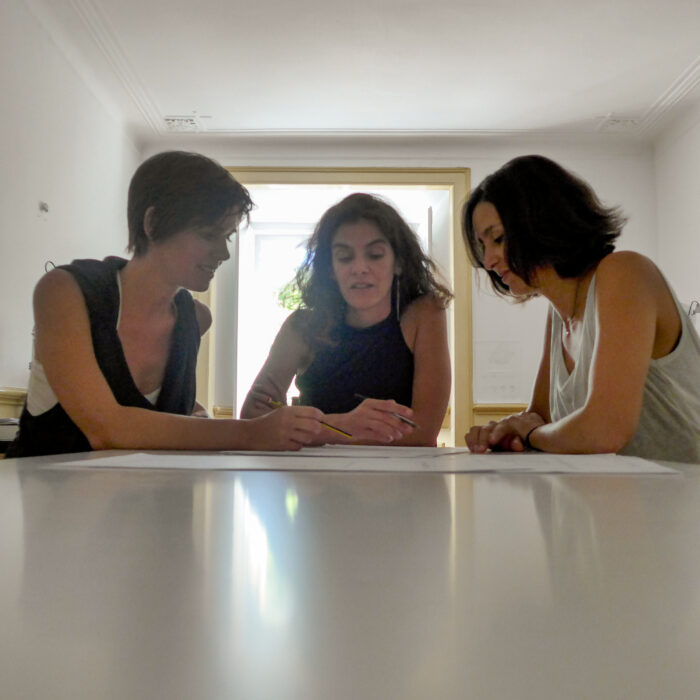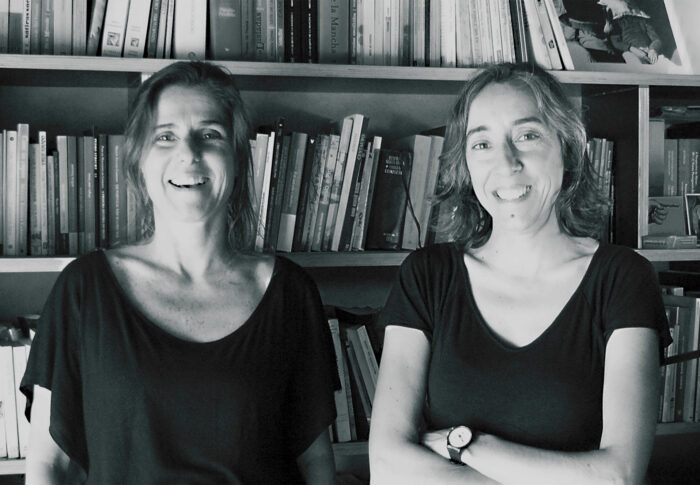A conversation with Eng. Tarik Chaaban

A conversation with Eng. Tarik Chaaban
‘In Malawi, interventions on the north and south sections were the first investments after several decades without any significant maintenance on these railways’
Tell us about your professional career. How did you get to the Central East African Railways Management (CEAR)?
I am an electrical engineer, with MBI in Project Management. Right now, I am responsible for all general cargo engineering at Nacala Logistics, not just CEAR. I am now in Malawi but, speaking a little about my journey, I already have 22 years of railway companies, mostly in the field of logistics and in some of the largest operators in Brazil, such as those of the Vale group, having held several positions since I started my career, from technical positions to administrative management. Four years ago I accepted the challenge to leave Brazil, initially for Mozambique, as the engineering manager for the coal operations route and, almost a year ago, I moved to general cargo operations.
What were the structure’s conditions?
Regarding Malawi, in the northern and southern sections, which are approximately 600km long, the necessary interventions weren’t carried out for some decades. From about 3 years ago, the Nacala logistics corridor, through engineered finances, made by the partners, made some repairs, on both sections, with different purposes. They were the first investments after several decades without any significant intervention to maintain these railways’ sections.
What are the biggest enticements of this challenge?
The biggest challenges are mainly the dozens of bridges, in my opinion. Depending on each section of the railways, we had to study different solutions. At the same time that we are recovering and revitalizing a good part of the railway sections, we are also working on the restoration of the bridges, which includes an evaluation with BETAR to verify whether, within the original configuration of the bridges, it is possible to support larger loads, to see if it is possible to purchase new locomotives, with greater capacity. It is a very important evaluation to be able to make this acquisition feasible.
What are your main responsibilities and tasks in this position?
Regarding the current projects, both in Malawi and in Mozambique, I have the higher responsibility for all of them and my responsibilities range from the acquisition of locomotives and refurbishment of general cargo wagons, recoveries of all kinds, whether aqueduct installations and water channels, due to the large flow of water in the rainy season, or this large project in the northern section, which involves the complete revitalization of the railways, which are more than 300km.
What are the biggest problems you face in your day-to-day?
Since we are in Africa, we face peculiar and specific problems here, especially cultural and communication issues. On top of that, we are in two countries and that is why there is a significant blockage regarding the language and there are the local dialects that aggravate the situation. These are the biggest challenges but then there is everything else associated with a third world continent, there are many restrictions concerning service providers, product delivery timings … there are challenges of different natures that we end up having to face because we are on these fronts.
How did you get to BETAR and why were they chosen?
We met BETAR through one of our engineers, providing services to another partner we have, which is Mota-Engil. BETAR was identified due to this very good service provision to Mota-Engil. As we had several infrastructures of the same nature, bridges in need of intervention, we decided to ask BETAR to help us on the different fronts we had, such as assessments, specifications, monitoring and inspection of works, from recoveries to replacements.
We have a very large bridge, with more than 100 meters, which is the Shire bridge, which was designed and supervised by BETAR. BETAR is a great partner and, in this case, the work has been very well monitored, from the project to the execution. We are very pleased with this particular service provision but also with all the inspections in the various railway works in which they are involved.
What remains to be done in Malawi regarding key infrastructure?
In addition to the recovery projects for the northern and southern sections, we have a project that BETAR also supervises, which is the construction of a container park. We believe that with these projects our commercial area will be able to leverage others, in the coming years, other fronts of recoveries, especially more bridges. We must make investments feasible to recover other infrastructures in the coming years.
And in Mozambique?
In Mozambique we have a slightly different focus because we have the coal route and we have to focus on the rainfall plan, namely water constructions. We also have two bridges in need of monitoring that currently have no investment forecast for recovery.
This interview is part of the Artes & Letras Magazine # 118, April 2020
Partially automatic translation from portuguese: some expressions may differ from their actual meaning.
News & Interviews
Betar distinguished again
The PME Leader 2023 status was awarded to the companies of the Group, Consultores and Estudos. Read more
A conversation with SIA Arquitectura
'A Spanish intern said that at universities in Spain, the two countries that are “case studies” on how to build are Switzerland and Portugal. This is admirable when conditions are so different. ’ Read more
A conversation with Arch. Filipa Cardoso de Menezes and Arch. Catarina Assis Pacheco
‘The perusal of the terrain is the starting point, and it is from this interaction with the place and its specificities that our work arises’ Read more




